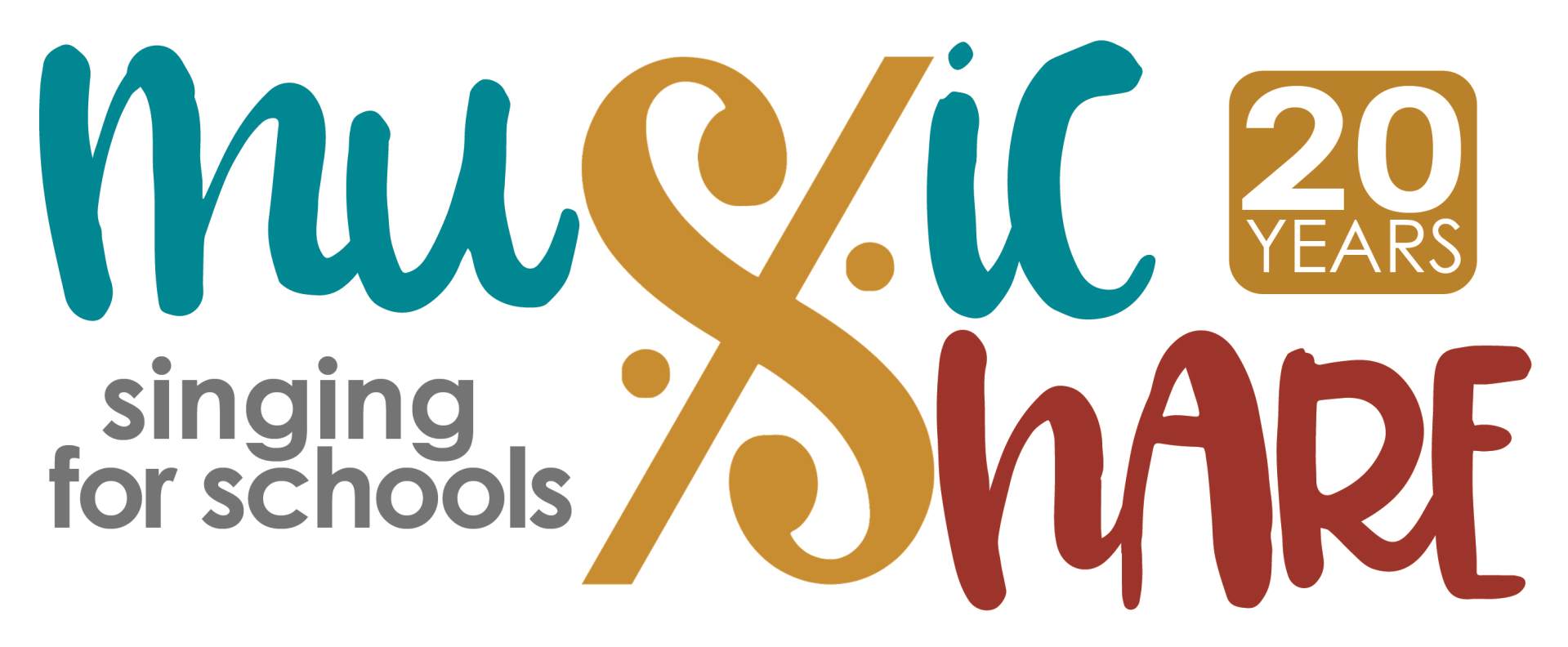Preparing for Exams
We are approaching a pivotal time in the academic career of Year 11 and Year 13 students across the UK, as they prepare to take their GCSE and A Level examinations this summer term. Preparing for exams can be stressful, and students often feel a mix of anxiety and anticipation as they approach this milestone, which can have a significant impact on their future. If you are feeling nervous about preparing for the GCSE exams, we can help with this guide to effectively prepare for your exams, so that you can approach them confidently and achieve the best results possible.
Top Tips for Exam Preparation
Before your exams or assessments, be sure to talk to your teachers or exams officer, so you will know exactly what will happen and what is expected of you. Your school or college will normally provide you with your exam timetable ahead of time, so you will know details like where the exams are, how long each exam will be and when you need to arrive. Be careful about what you bring to the exams, and if you have any questions about approved calculators and other equipment that is allowed in the exam room, ask the exams officer before the exam. Use a clear pencil case and if you need water, remove the label from your bottle. Never take a mobile phone, watch, or any other kind of communication device into an exam. You could lose marks or be disqualified, even if you have switched off your device. Check your exam paper to make sure it has the correct information on it, and if you are unsure about something, raise your concern immediately with the exam invigilator. Listen to the exam invigilator when instructions are given, so that you can carefully follow all the instructions.
Gaining Self-Confidence
Confidence is an important trait and can be a precursor to success. To build your confidence before an exam, prepare as thoroughly as you possibly can. Pay attention during your lessons, strategically plan your study sessions, and review and organise your revision materials in the days leading up to the exam. Maintain a positive attitude and take care of yourself, making sure you are well-rested and calm when the big day arrives.
How to Deal with Exam Stress
During exam season, it is easy to feel overwhelmed and anxious. To stay calm, try not to revise too much at one time. Break it into small, manageable chunks, so that you can spread it out across a day and still have room in your schedule for other things. Focus on the subjects that concern you, and ask your teachers questions to help you know where to concentrate your efforts. Schedule exercise into your day, because this can reduce stress levels as well as help you stay healthy. Keep up with your mates, and do not focus all of your energy on revision. If you are struggling with stress, let someone know. Find someone to talk to about it, and remember that all you can do is your best, and that is all that is expected.
What to Eat Before an Exam
Many athletes carb load before a big event, to improve their long-term performance. Is there a parallel practice for students preparing for an important exam? Not really, but it is sensible the night before your exam to eat a nutritious meal, like fatty fish, vegetables, and whole grains, to fuel your brain. In the morning, have a breakfast high in protein, and about an hour before your exam, drink water and eat something nutritious, like a banana, to help improve your concentration.
Everything You Need to Know About Exams in 2025
It is important to make sure you have all the correct dates recorded in your calendar so that you can avoid missing anything important.
- What are the GCSE exam dates 2025? GCSE exams will run from Thursday 8 May to Thursday 19 June. GCSE results day will be Thursday 21 August.
- What are the A Level exam dates 2025? Overall, A Level exams will begin on Monday 12 May and end on Tuesday 24 June. The exact start and end dates of your exams will depend on your exam boards. Depending on each exam board, these dates may change as the exam season approaches. To stay updated, make sure to check the specific timetables for your exam boards. A Level results day will be Thursday 14 August.
How to reduce stress and anxiety during exams
It is not uncommon for students to feel anxiety during exams. To conquer this feeling, prepare ahead of time and get to the exam location early. Answer the questions that come most easily to you first, skipping over questions that stump you so that you don’t lose your momentum. You can circle back to those later. Remember to answer all the questions and, if you are running out of time, at least adding bullet points summarising what you were going to say in an essay, can earn you points. Tackle your exam carefully, focusing on each question as you go along, taking time to understand what you are reading and ensuring that you are actually answering the question, not simply writing down everything you know about the topic. If you begin to feel overwhelmed, take deep breaths, breathing in slowly through your nose, allowing your abdomen to expand, and then pushing the air out through your mouth. Above all, keep things in perspective and challenge anxious thoughts that come your way. Missing an answer is not likely to mean failure, and failure is not likely to lead to doom. Do your best and keep moving through the test, without allowing anxious thoughts to derail you.
How to study for an exam
- Schedule your preparation. Create a timetable that gives you time to review each subject weekly. Do not wait and try to cram all of your preparation into the last few weeks or months. Instead, steadily prepare as you go along, and you will find that you are ready at exam time. Avoid procrastination and you will lower your stress levels.
- Know your own mind. Or, at least, know how you learn. You might learn best by listening to a recording you have made of your notes while you go on a walk, or you might prefer creating mind maps that link information together. Find what works best for you - everyone is different.
- Understand that you have limits. One benefit of creating a timetable is that it helps you see how much time you have. Do not pack your schedule so full of exam preparation that you have no time for friends and family, extracurricular activities, or time to rest. Balance is key to successfully preparing without feeling stressed.
- Use different methods of study. Incorporate active recall into your revision, using flashcards, mnemonics, and quizzes with friends. Try a study group, use online resources rather than simply your own books and notes, and revise in the school library sometimes, rather than always at home. Mixing things up will help keep it interesting and make it easier to learn.
- Make the most of available resources. Use your past papers and practice exams to help you prepare. Your teachers should be happy to mark past papers and provide guidance on how to maximise the points available for each question. Practice with your peers, so that you can help each other learn.
What happens when you miss an exam
It is advisable to avoid missing any exams. If you do, because of illness, contact your school and provide proof of your illness. Paperwork must be completed, to ensure that you still receive a grade. This grade may be calculated based on the marks you have earned from other papers or non-exam components. However, if you miss your exam because you misread the timetable, you will receive no marks for that paper.
How Lichfield Prepares Students to Excel
At Lichfield Cathedral School, students benefit from a range of bespoke support for exam preparation including an individual academic mentor to help structure their study and manage any anxiety or stress. Students and parents benefit from workshops on study skills and techniques based on the latest academic research. Each student is given their own personal exam timetable noting the date, location and length of the exam, including any extra time they are allowed. Teachers provide extra tuition before school, during lunch breaks and after school as needed, on top of the existing revision sessions and marking of answers to past papers. The School’s Wellbeing Team provides the right level of supportive pastoral care each student needs, such as help organising their revision timetable or teaching breathing techniques to help keep things in perspective. Ultimately, if a student needs to resit a GCSE, they can do so in the Sixth Form alongside starting A Levels. The high quality, individualised support provided for students is why Lichfield Cathedral School is in the Top 10% of schools nationwide for value-added - a measure of the progress made by a student since their starting point, compared to the progress made relative to similar students across the country.
Lichfield Cathedral School pupils are nurtured and guided, encouraged to choose their own pathways and perform to the best of their ability, not only in the classroom but in every aspect of life. It’s important to understand that developing personal skills like self-confidence, resilience, responsibility and self-discipline are just as important as academic results.














